Chittagong, Bangladesh - A recent transport strike in Bangladesh has brought the operations at the country's busiest port, Chittagong, to a standstill, causing ripple effects across global supply chains. The strike, which began due to demands for better wages and working conditions, has highlighted the fragility of global trade routes and the potential for localized events to disrupt international commerce.
Background of the Strike: The transport strike, involving truck drivers, rickshaw pullers, and other transport workers, has paralyzed the movement of goods in and out of the port. Chittagong, being the primary gateway for Bangladesh's exports and imports, handles a significant portion of the country's trade. The port's operations are crucial for the nation's economy, and the halt has led to a backlog of containers, increasing the risk of supply chain delays and costs for businesses worldwide.
Economic Implications: The halt in operations at Chittagong port has immediate and far-reaching economic implications. For Bangladesh, the strike has disrupted the flow of essential goods, including food and medicine, leading to potential shortages and price increases. For international businesses, the delay in shipments can lead to production halts, missed deadlines, and financial losses. The situation underscores the importance of diversifying supply chain routes to mitigate such risks.
Global Supply Chain Vulnerabilities: The incident in Chittagong is a stark reminder of the vulnerabilities inherent in global supply chains. With the world's trade increasingly dependent on a few key hubs, a disruption in one can have cascading effects. The pandemic has already exposed these weaknesses, and the current situation in Bangladesh adds to the growing concerns about the resilience of global trade networks.
Impact on Businesses: Businesses that rely on Bangladesh for manufacturing or as a transit point are feeling the pinch. The delay in shipments is causing logistical headaches and forcing companies to reevaluate their supply chain strategies. Some are considering nearshoring or reshoring to reduce dependency on distant manufacturing hubs, while others are looking into alternative routes to bypass the affected areas.
Government Intervention: The Bangladeshi government has been engaged in negotiations with the striking workers to resolve the situation. However, the government's response has been criticized for being slow and ineffective, which has prolonged the strike and its negative impacts. The government's ability to manage such crises will be a test of its governance and its commitment to the welfare of its workers and the stability of its economy.
Long-Term Solutions: To prevent future disruptions, long-term solutions need to be considered. This includes improving infrastructure to handle increased trade volumes, investing in technology to streamline port operations, and creating a more robust legal framework to protect the rights of workers while ensuring the smooth functioning of the economy. The incident also highlights the need for businesses to have contingency plans in place to handle such unforeseen events.
Conclusion: The transport strike in Bangladesh and its impact on Chittagong port operations have exposed the fragility of global supply chains. It serves as a wake-up call for businesses and governments alike to invest in more resilient and diversified trade networks. As the world becomes increasingly interconnected, the ability to withstand and quickly recover from disruptions will be a key determinant of success in the global marketplace.
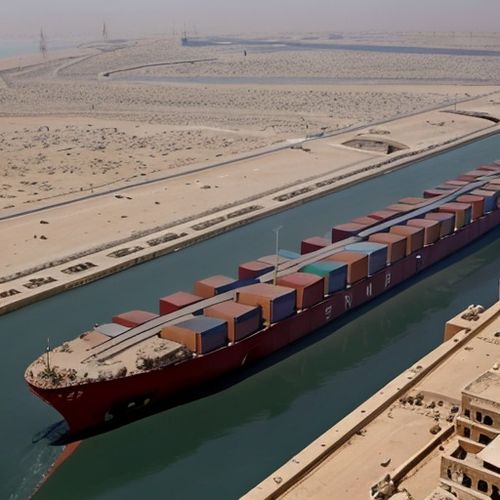
By Sophia Lewis/Apr 5, 2025
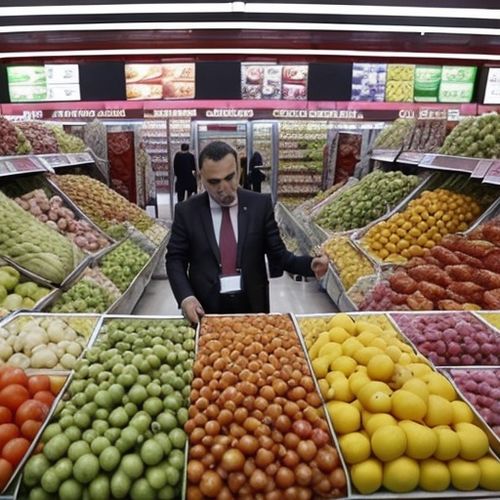
By Jessica Lee/Apr 5, 2025
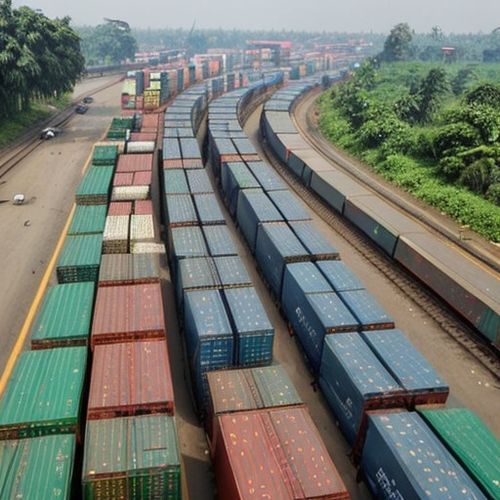
By Emily Johnson/Apr 5, 2025

By Sophia Lewis/Apr 5, 2025
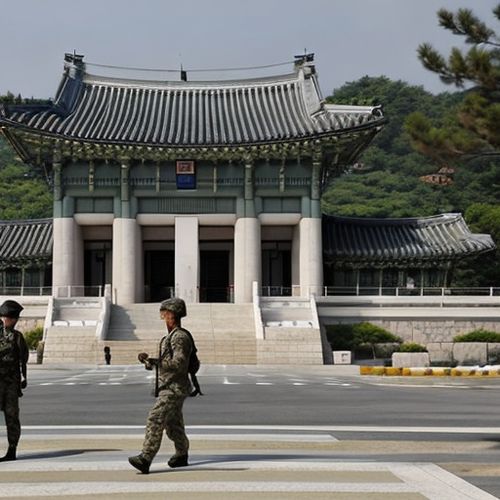
By George Bailey/Apr 5, 2025

By Amanda Phillips/Apr 5, 2025

By Emily Johnson/Apr 5, 2025

By Natalie Campbell/Apr 5, 2025

By Sarah Davis/Apr 5, 2025

By Laura Wilson/Apr 5, 2025
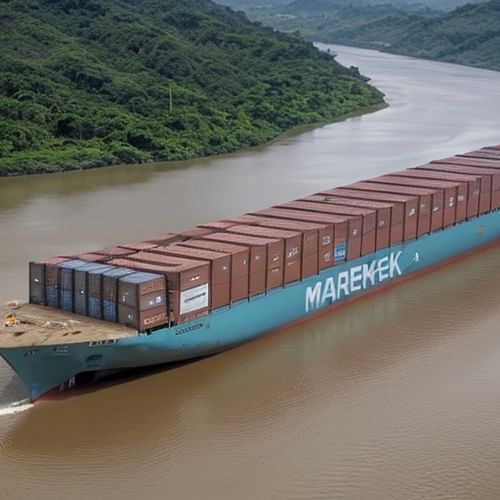
By Samuel Cooper/Apr 5, 2025
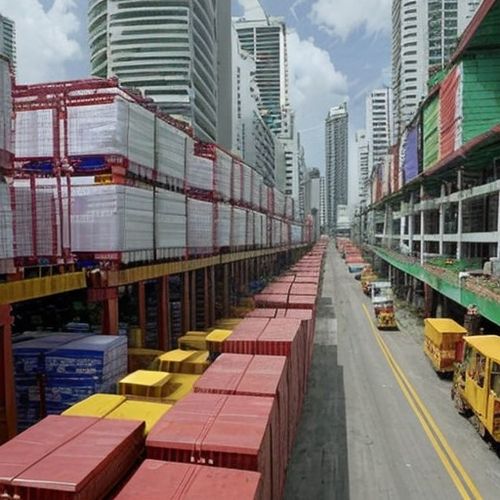
By James Moore/Apr 5, 2025

By Noah Bell/Apr 5, 2025

By Sarah Davis/Apr 5, 2025

By Ryan Martin/Apr 5, 2025

By Christopher Harris/Apr 5, 2025
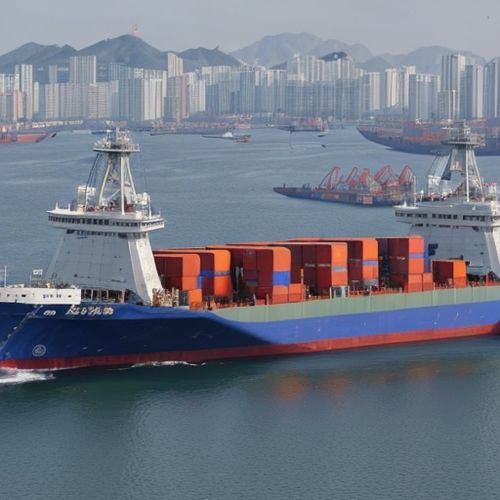
By Noah Bell/Apr 5, 2025

By Thomas Roberts/Apr 5, 2025

By Michael Brown/Apr 5, 2025

By George Bailey/Apr 5, 2025